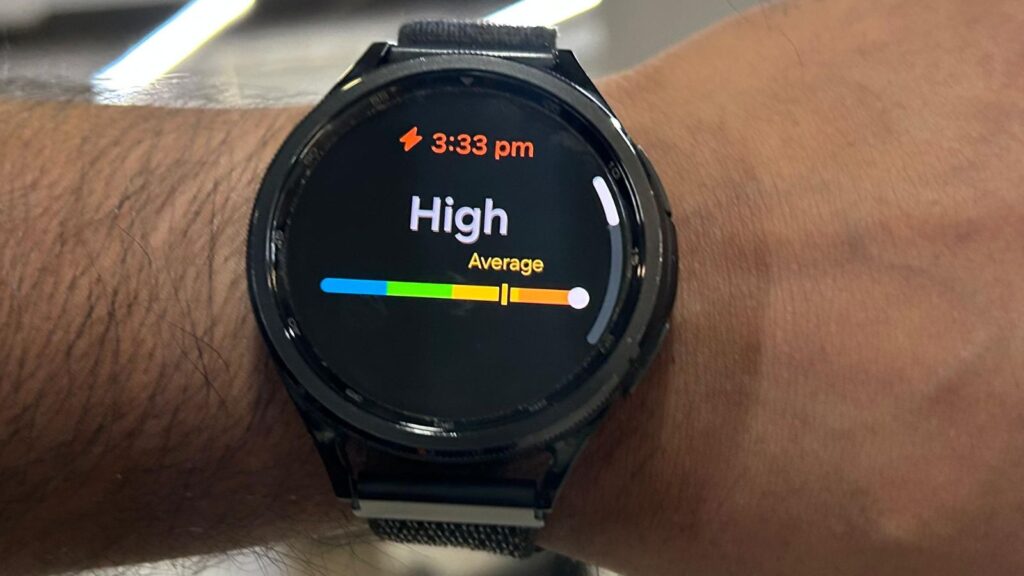970x125
Millions of people use smartwatches to track their stress levels, but a new study seems to be casting a shadow of doubt on the data gathered by wearables. A recent study published by the American Psychological Association suggests that there is no connection between device records and how a person feels.
970x125
The study is about ‘Associations between ecological momentary assessment and passive sensor data in a large student sample’. It suggests that self-reported stress levels and data that is acquired by wearable technology, which includes smartwatches, can be useful if the user is aware of its restrictions.
The researchers used a Garmin Vivosmart 4 activity tracker to monitor the stress levels of 800 young adults for a time span of 3 months. Where the participants were asked to score how stressed, tired, or sleepy they were four times a day. Eiko Fried, co-author of the research, said that the results were hardly surprising.
Garmin Vivosmart 4 usually monitors heart rate, which is not related to one’s emotional state. Heart rate usually rises during sexual arousal as much as it does during anger. This demonstrated that the watches were not providing any valuable information about the user’s emotional state.
When the researchers compared the data, they found little connection between the numbers from the smartwatches and what people felt. Out of all 800 participants, not a single person had a “stress score” on their tracker that matched their true feelings. For a quarter of the group, their smartwatches showed the exact opposite of what they were experiencing, for example, telling them they were relaxed when they felt anxious, and vice versa.
They also looked into how reliable Garmin’s “body battery” feature is, which is supposed to measure physical tiredness. The results showed a slightly stronger link between this data and what people felt, but it wasn’t strong enough to be meaningful. The researchers believe that the body battery score is calculated by combining pulse and activity levels.
Furthermore, while the devices were good at tracking how long people slept, they weren’t good at telling how rested someone felt upon waking up. Fried noted that this raises important questions about what wearable data can really tell us about our mental health.
Story continues below this ad
Nevertheless, researchers believe this kind of sleep data could help developers create a warning system for depression, alerting users to a potential episode so they can take preventive action.
© IE Online Media Services Pvt Ltd
970x125

